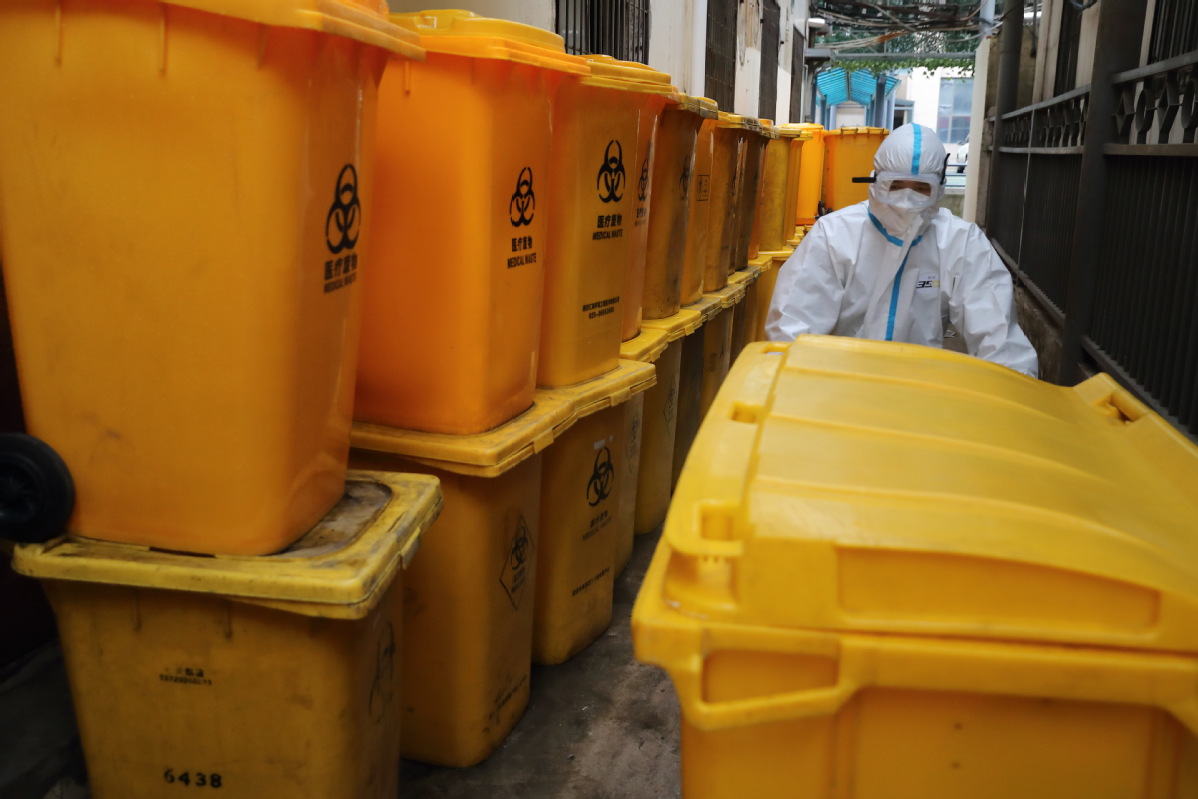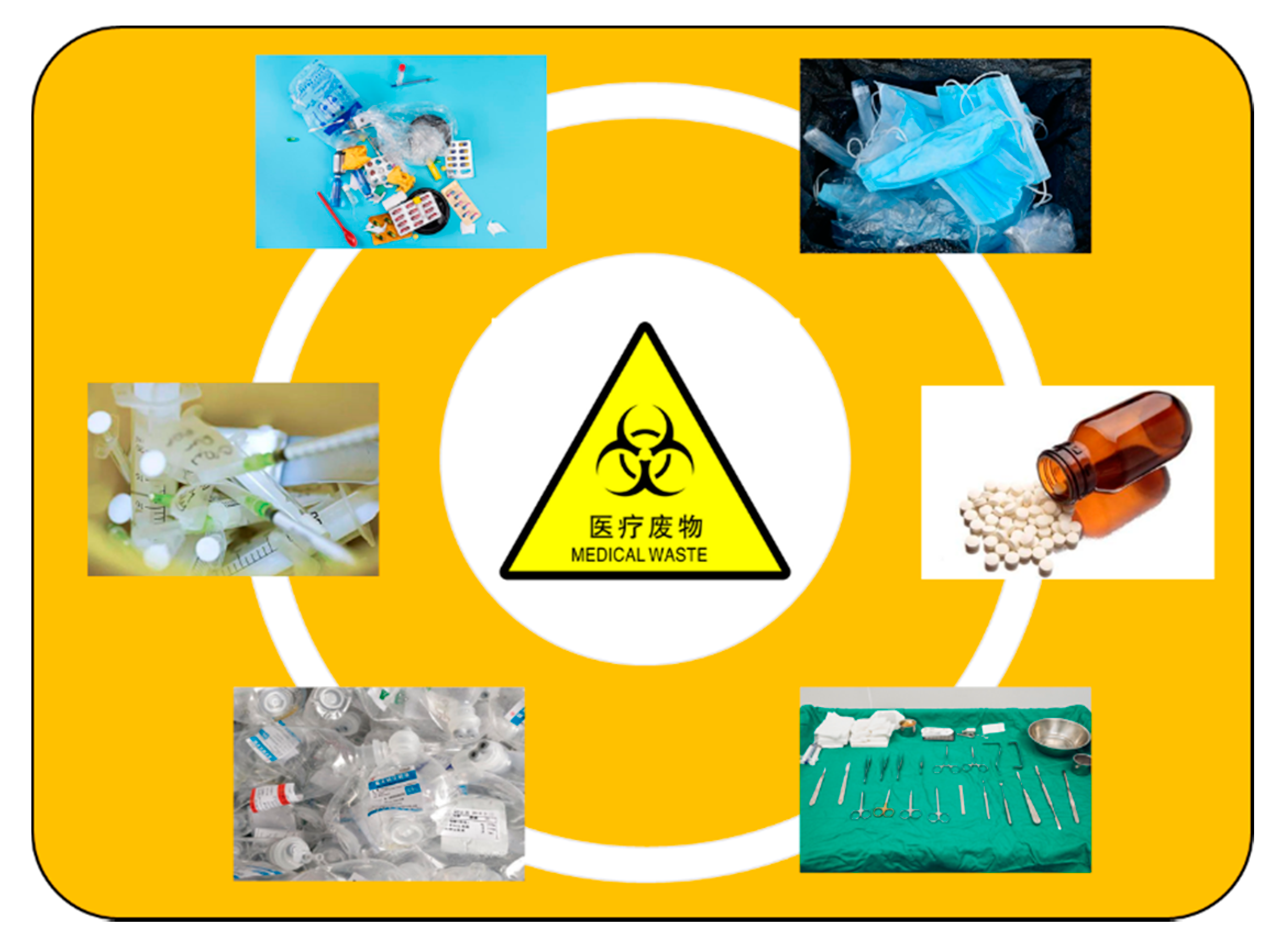Streamlined Medical Waste Disposal Services: Top Priority for Public Health
Streamlined Medical Waste Disposal Services: Top Priority for Public Health
Blog Article
Navigating Medical Garbage Disposal: Vital Services for Healthcare Facilities
In the elaborate landscape of healthcare operations, the monitoring of clinical waste is an important aspect that demands precise interest. Medical care facilities, whether little clinics or big medical facilities, are handed over with the obligation of handling, dealing with, and getting rid of a vast variety of clinical waste streams. The complexities entailed in browsing with the regulative requirements, making certain correct waste partition, and performing safe collection and transportation processes are vital. Comprehending the important services that support clinical waste disposal is not just an issue of compliance yet also a basic element in protecting public health and ecological well-being. The complexities of this process are crucial for medical care facilities, and the competence used in this realm plays a pivotal role in keeping the honesty of healthcare systems.
Regulatory Conformity Support
For health care facilities, making certain governing compliance assistance is essential to keep correct handling and disposal of medical waste. Following laws established forth by companies such as the Environmental Defense Agency (EPA) and the Occupational Safety and Health And Wellness Management (OSHA) is essential to stop environmental contamination, secure public wellness, and stay clear of possible lawful consequences. Regulatory compliance assistance offers medical care facilities with advice on exactly how to effectively set apart, store, transport, and dispose of different sorts of clinical waste according to regional, state, and federal laws. This assistance includes support in creating and implementing detailed waste management plans, carrying out regular team training sessions, and performing audits to make sure recurring compliance. By partnering with regulatory compliance specialists, healthcare centers can stay current on advancing guidelines, minimize dangers connected with inappropriate garbage disposal, and inevitably add to a safer and more sustainable environment for all.
Waste Partition Advice

Healthcare centers should provide clear standards and training to team on exactly how to set apart waste effectively. This includes separating basic waste from unsafe products such as sharps, infectious waste, drugs, and chemical waste.
Collection and Transportation Providers

Appropriate collection and transport services are essential elements of the medical garbage disposal process in medical care facilities. These solutions make sure that unsafe products are dealt with securely and in conformity with policies to protect both the atmosphere and public wellness. Healthcare facilities rely upon specialized waste administration firms to give efficient collection and transport services tailored to their requirements.
Medical waste collection entails setting apart various kinds of waste at the factor of generation, utilizing color-coded bins or bags to compare general, hazardous, pharmaceutical, and other waste streams. Educated personnel should do this job to stop contamination and guarantee proper disposal. When accumulated, the waste is delivered in specialized lorries equipped to take care of hazardous products safely. These cars comply with rigorous safety requirements and comply with marked paths to certified treatment centers for disposal with techniques such as sterilization, landfilling, or incineration.
Therapy and Disposal Solutions
In the realm of clinical waste see it here disposal for healthcare facilities, after the critical stage of collection and transport solutions, the focus moves towards implementing efficient therapy and disposal options. Therapy options commonly include procedures such as autoclaving, which uses heavy steam under pressure to sterilize the waste. This approach is typically made use of for infectious waste that must be made non-hazardous prior to disposal. One more prevalent therapy technique is incineration, where waste goes through heats in controlled settings to lower its volume and remove pathogens.
Disposal options encompass the final step in the clinical waste monitoring procedure. Recycling and resource recuperation are likewise obtaining grip as sustainable disposal options for particular kinds of medical waste materials.
Reliable treatment and disposal remedies are extremely important in making certain conformity with regulations and protecting public health and the setting. Health care facilities should carefully evaluate and pick proper techniques that line up with their waste management goals and sustainability efforts.
Staff Training and Education

To effectively take care of clinical waste disposal in health care centers, extensive personnel training and education play an important function in ensuring adherence to governing demands and maintaining a risk-free setting. Appropriate training gears up personnel with the understanding and skills required to deal with different kinds of clinical waste, segregate them correctly, and package them firmly for disposal. By informing employees on the risks related to incorrect handling of medical waste, facilities can decrease the likelihood of crashes, contamination, and governing offenses.

Conclusion
In final thought, medical care facilities depend on crucial medical garbage disposal services to make certain regulatory conformity, proper waste segregation, risk-free collection and transport, reliable treatment and disposal, along with personnel training and education and learning. These services play a crucial duty in maintaining the health and wellness of both healthcare workers and the basic public, highlighting the relevance of appropriate management of medical waste in health care setups.
For medical care facilities, making sure regulatory conformity assistance is important to preserve correct handling and disposal of medical waste. Waste partition entails classifying various kinds of clinical waste to make sure ideal handling, treatment, and disposal. This includes dividing basic waste from unsafe products such as sharps, contagious waste, pharmaceuticals, and chemical waste.Medical waste collection includes segregating different kinds of waste at the factor of generation, utilizing color-coded bags or bins to identify in between basic, harmful, pharmaceutical, and various other waste streams.In the world of clinical waste disposal for health care centers, after the essential stage of collection and transportation solutions, the focus changes in the direction of carrying out straight from the source effective therapy and disposal options.
Report this page